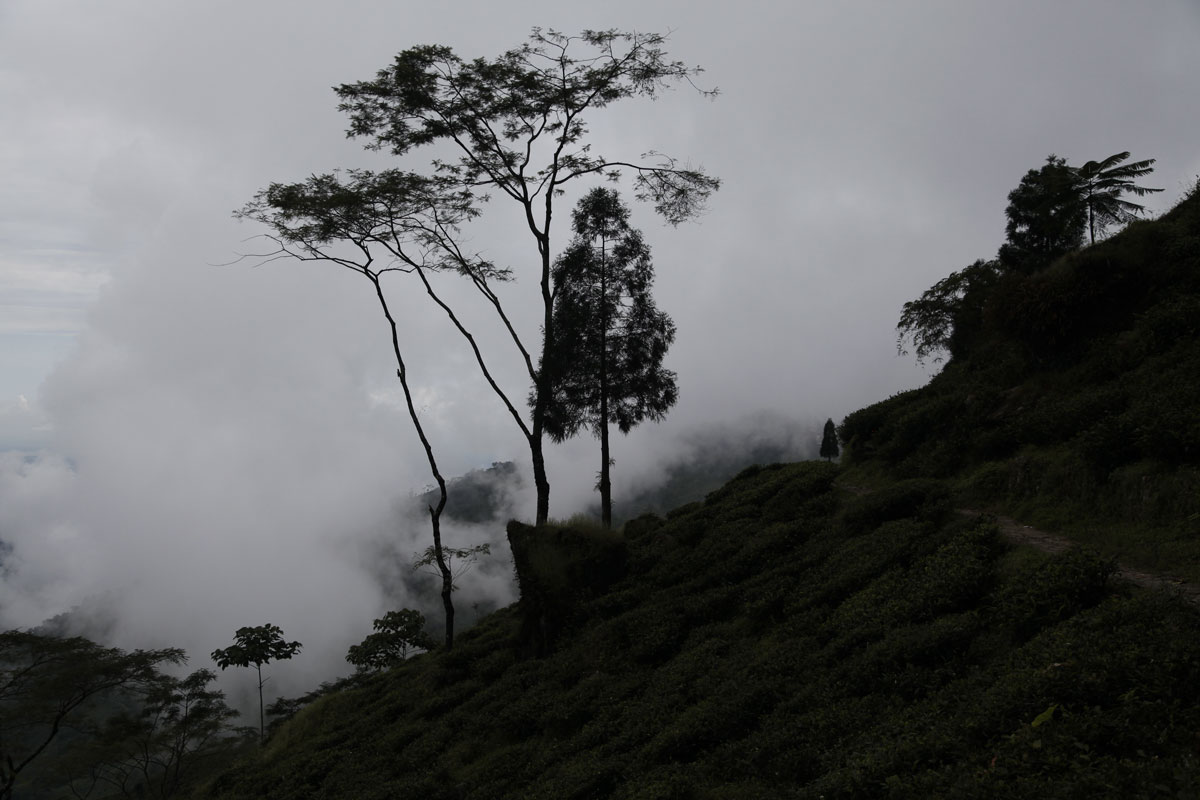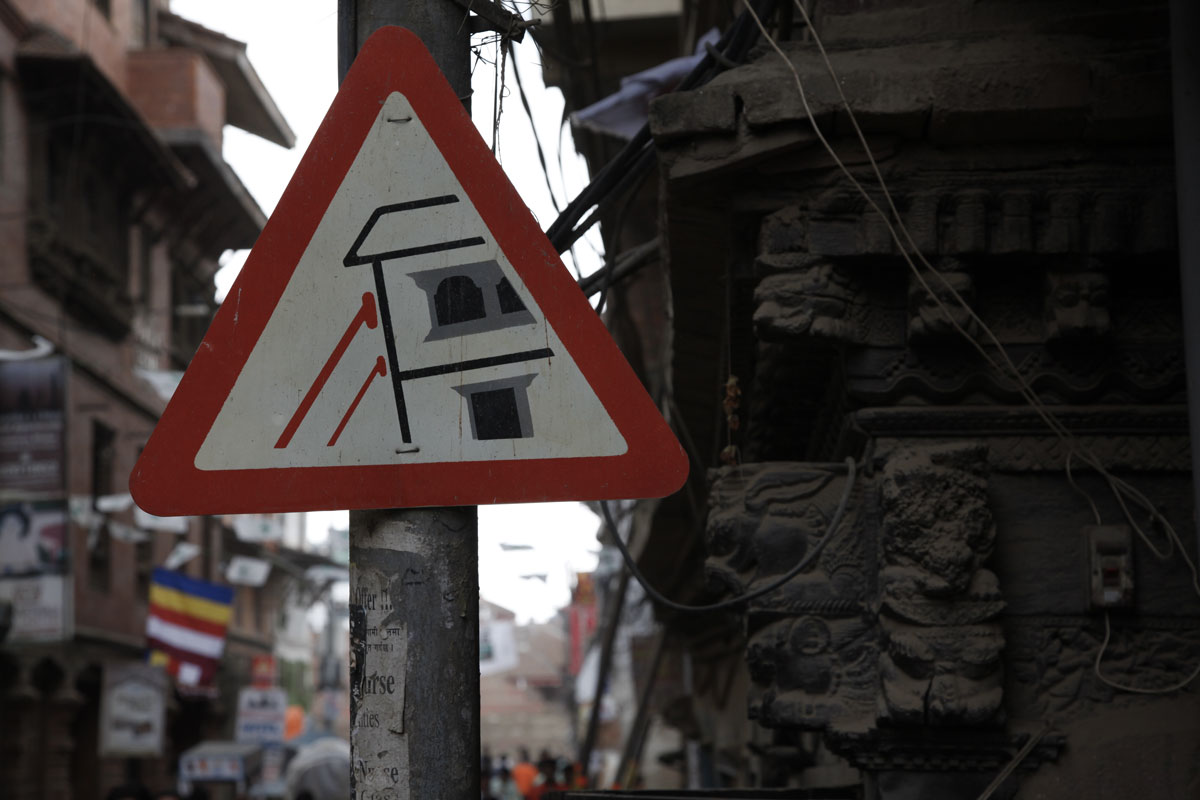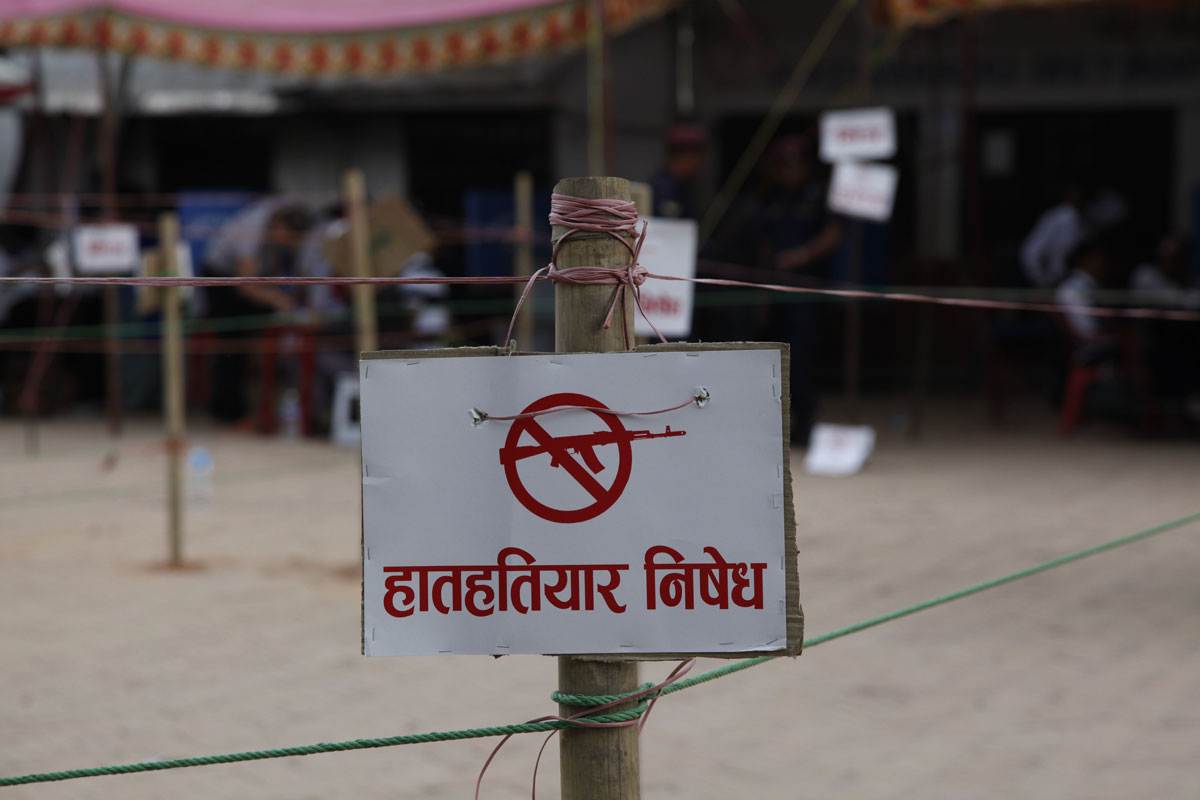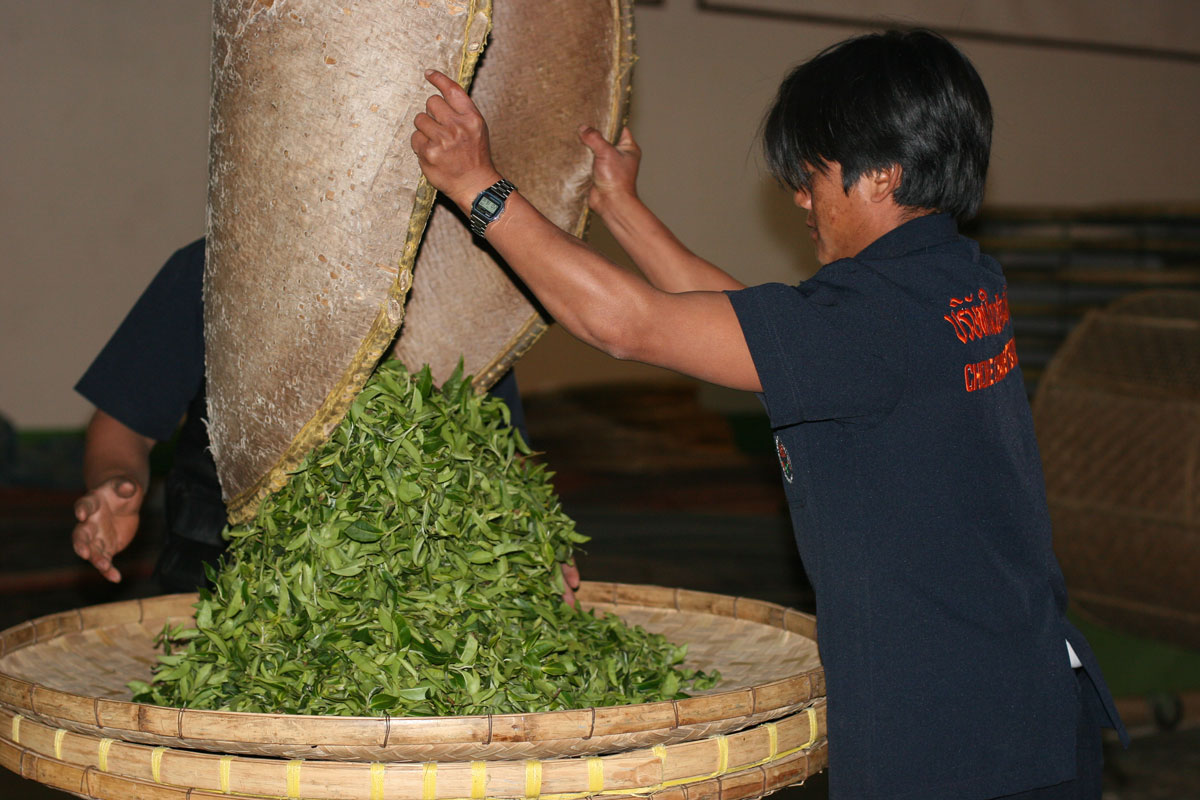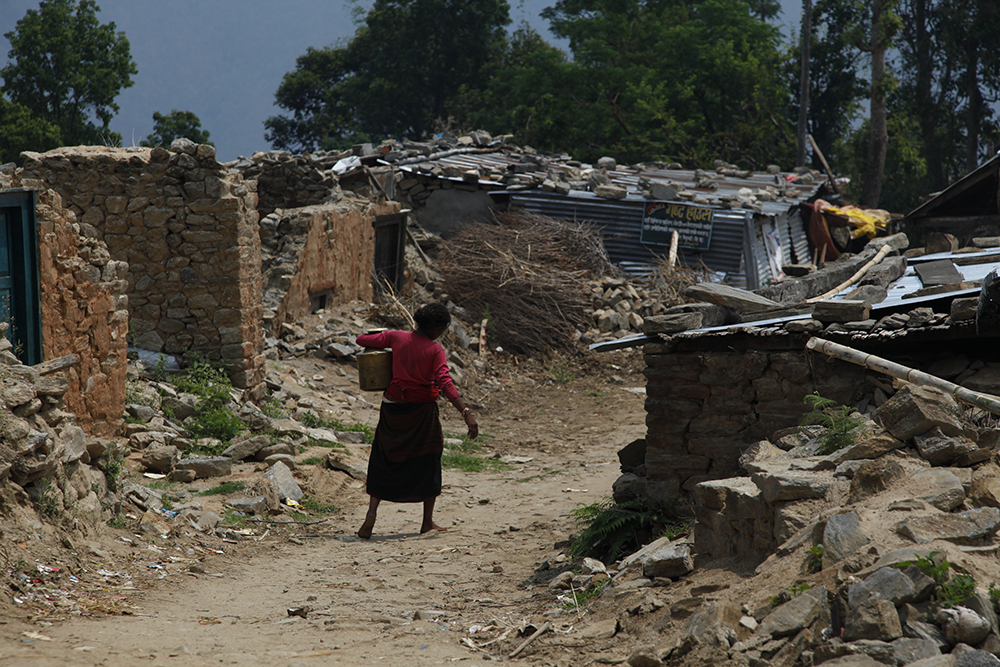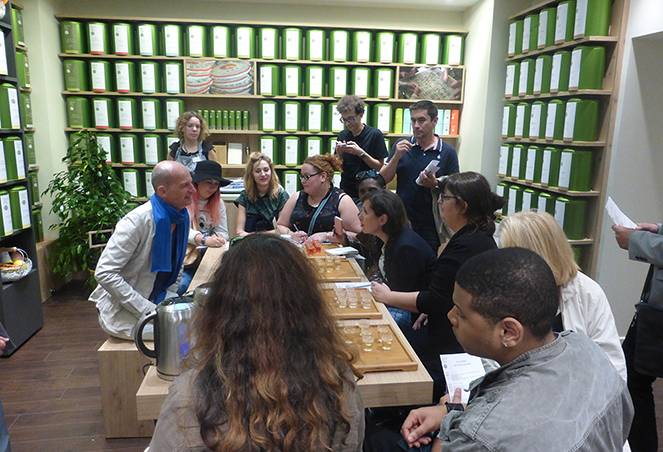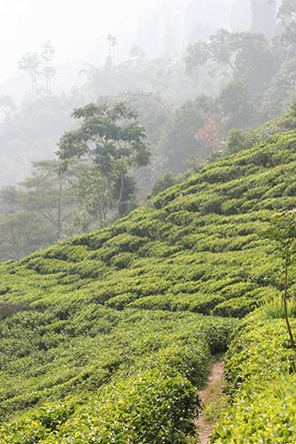The situation in Darjeeling has become dangerous. All the shops have shut, the hotels have closed, the roads are blocked. Work has ground to a halt on the tea plantations. It has been like this for 70 days. We are facing a major shortage. Worse, clashes with the army have left some dead. I don’t know if a political solution will be reached between the central government, the leaders of West Bengal and the separatists. I don’t know if demands to create a new state, Gorkhaland, within the Union of India, will lead to anything. What I do know is that the plantations are under threat and that it will take several weeks to get back to a situation where they can start producing tea again. It will require a massive effort in terms of clearing the ground and pruning before the bushes can grow in the right way for harvesting. The summer crop is already spoilt. The autumn harvest could be saved if the conflict ends quickly. Otherwise, we will have to stop tasting Darjeelings for a while, and instead send positive thoughts to everyone living in those mountains; the people I know well and am so fond of, who do not deserve to live through such difficult times.
News
Nepal is still waiting to be rebuilt
In Nepal, the effects of the earthquake are ongoing. Whole villages are still in ruins, their inhabitants living among these ruins, in houses that have half-collapsed, covered over with a tarpaulin for a roof. In Kathmandu, only the old town was affected. There too, there is no sign of reconstruction. A significant number of the capital’s most beautiful monuments have been reduced to dust, and surrounding houses are in a fragile state. While they await repair, they are being propped up by wooden struts, and signs warn people of the risk of collapsing buildings.
Tension in Darjeeling
For the past three weeks, tensions have been running high in Darjeeling. Businesses, roads and plantations have shut down, tourists have been asked to leave. The reason for the general strike is that the people of Nepali origin, who make up the majority of the population, are being forced to learn Bengali at school – a language from a region they hate. Darjeeling is part of West Bengal, which is resented by the independence movement, who want to create a new state within the Indian Union: Gorkhaland. This issue has been boiling over for the past 30 years, and demonstrations are frequent. With a three-week strike taking place during the summer harvest season, the plantations will struggle to cope this year. This is on top of the 30% decline in volumes harvested due to the dry spring this year.
In Nepal, special measures are put in place on election days
This Sunday, people were voting in Kathmandu. Here, on election days, to ensure the process is peaceful and democratic, all car traffic is banned and the sale of alcohol is suspended. Also, around the polling stations, there are signs reminding you that it is strictly forbidden to carry a gun in the vicinity.
Teas steeped in history, in northern Thailand
A few weeks ago I came across a Jade Oolong from Thailand which I loved. It gives me the opportunity to tell you a bit about the village of Mae Salong in northern Thailand, and about its Chinese population and its unique and troubled history. During the 1950s, routed out by Mao Zedong, the nationalists of Kuomintang retreated to the island of Taiwan, apart from a few regiments based in Yunnan, who chose to organise their resistance from Burma (now Myanmar), aided by the CIA. Ten years later, tired of this threat on its border, China got Burma to chase out these regiments. Some soldiers decided to base themselves in Taiwan, others in Laos, and some in Mae Salong, just on the other side of the border, between Burma and Thailand. In the 1980s, Mae Salong’s Chinese people gave up the idea of returning to China one day, and following the eradication of poppy farming, switched to growing tea. Having brought their methods and expertise from Taiwan, as well the young plants, this is why we now find in the mountains of the Golden Triangle these delicious Oolongs, which have similarities with some Taiwanese Oolongs.
Tomorrow’s experts
If we want staff working in hotels and restaurants to offer quality teas in the future, we need to train young people who are starting out in their careers. Reims Academy and Palais des Thés have joined forces to develop a certification course in “tea knowledge and service”. First, we trained tutors in several hospitality colleges, who then educated their students. Last week, in Reims, it was time for the exams and awarding of certificates. Congratulations to all of the students who passed. I hope it encourages them to continue to find out more about tea, and make their future customers happy.
Spare a thought for Nepal
It’s more than a year since Nepal was hit by a powerful earthquake. And since then, for many villagers, life has not improved. In this country that is very rural and particularly mountainous, the aid they were promised has not been forthcoming. Many people are living in their houses as before: they have placed a makeshift roof over the ruins, and life goes on. But what will happen to them after the monsoon, what will they have left after the rainy season that turns everything into mud?
News from Nepal
The latest news has come in from Nepal: we’ve made contact with the farmers from whom we buy our teas directly. They’re all fine and nothing is damaged; the valleys where the tea grows are much further east in Nepal.
A time to talk with bloggers
I love spending time with tea producers, but I also really enjoy talking to our customers or, as I did this week at our Rue Vieille-du-Temple store, with bloggers who had come to discover and taste our latest creations: Les Jardins. I spoke about how gardens were a source of inspiration; the joy of walking through a favourite garden in different seasons; how these new infusions can be enjoyed hot, at room temperature, or iced. Of course, we also talked about “grand cru” teas, and food too.
Some good news from Darjeeling despite the unfavourable weather
The news I’m getting from Darjeeling is not very good. The planters are disappointed by the small quantities of tea harvested in March. This is due to low temperatures and a lack of sunshine and rain. So far, production is down by almost a third. However, as long as you act quickly, there are still some very fine teas. I have already bought several batches from gardens where the quality is improving year on year, like Gielle, Rohini and Teesta Valley. And a tiny batch of “Puttabong SFTGFOP1 Moondrops”: anyone who gets a chance to taste this tea will love it.

